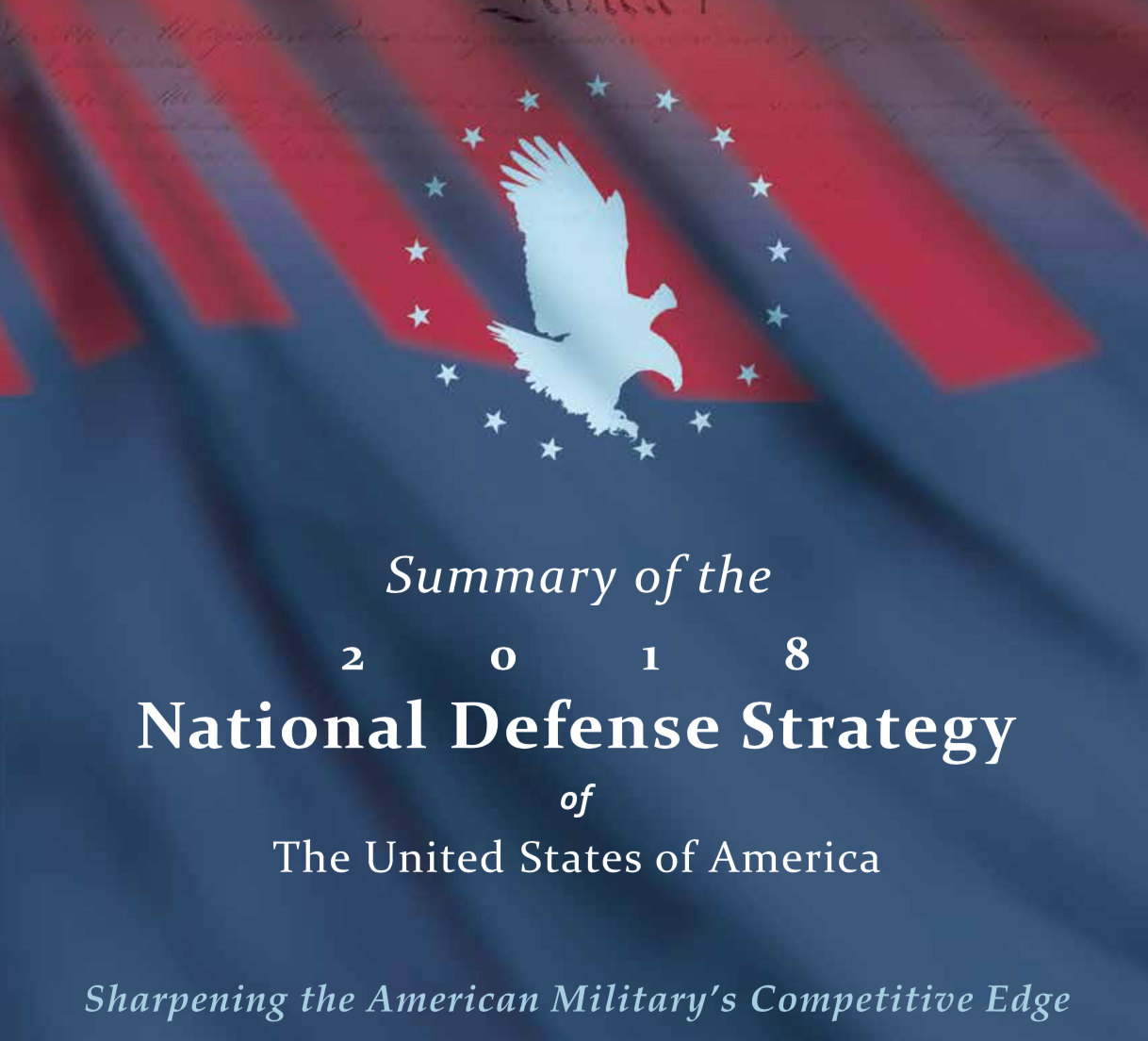The NATO Industry Forum 2019: SACT’s Général André Lanata opening Remarks – NATO Industry relations(abstract)
… “This two-day event provides a unique opportunity to celebrate seven decades of the fruitful, special relationship, between NATO, our Nations, and industry.
The military edge of the Alliance has always been based first and foremost on the quality of our people, our soldiers, airmen and sailors. It was also true due to the technological superiority of the defence systems provided by our industries.
… our technological and industrial base is an integral part of our operational capabilities and of the deterrence effect that the Alliance delivers. It is, therefore, a vital asset for the collective security of the Alliance.
The NATO Industry Forum is a capstone event which allows NATO to strengthen a close relationship with the private sector at large: academia, think tanks, subject matter experts and traditional defence industry.
Even more, it provides the opportunity for us to interact with new actors in the defence arena, especially tech companies that are particularly present this year, with many of their representatives who will be on stage as panellists.
Most importantly, NIF provides us with an opportunity to elevate the continuous dialogue between industry and the Alliance at the highest leadership level.
…
In the past, military relevant technologies were developed by the defence industries, under the auspices of governments. Now, more and more of the technologies we use for military applications are inherently dual-use and are developed by the commercial sector.
This is particularly the case in the digital area.
… the commercial sector develops technologies at an amazing – and growing – pace and with extraordinary agility. Leveraging these developments is, therefore, a real challenge for us.
… we do not have the luxury not to tackle it. …
…
One of the consequences of this new state of play on the technological stage is, also, that NATO needs to adapt its relationship with industry. Not only we need to transform the way we work with the “traditional” defence industry, to introduce more agility, but we also must broaden NATO’s engagement in this new ecosystem.
I am fully aware that in the world of start-up, where the standard for going from concept to product in the market is 90 days, we are not an attractive customer. That is why the transformation of our capability development is imperative.
In this endeavour, NATO and industry have to work hand in hand. NATO will not be able to adapt in isolation. It should be a “cooperative adaptation”, and NIF offers an excellent opportunity to discuss it. … a two-way dialogue …
—
The theme of this year Forum is decision-making.
This topic is at the heart of NATO’s Command and Control and also constitutive of the way our political-military alliance works: a machine built for collective decision-making.
The bad news is that the complex situations we face are more and more challenging to understand. Various factors are driving this trend:
- the growing number of factors and actors impacting our security;
- the interrelationship among them;
- new forms of hostile actions, especially hybrid and cyber ones that are a lot more difficult to detect and attribute;
- lines between peace, crisis and war that are more and more difficult to draw.
The good news is that new technologies are now available to help us to respond to these challenges.
…
Our four break-out-sessions are meant to offer us answers to the following questions:
- How to synchronize collection and manage the exploitation of data to more rapidly acquire information and turn it into understanding that directly supports decision making?
- How can we make big data an enabling capability to boost our strategic awareness?
- How can data sciences and modelling and simulation improve the common operational picture and operational commander ability to anticipate?
- What are the conditions, especially regarding human capital, to make the best of the available technologies to “augment” human for decision making?
In conclusion
I am convinced that success doesn’t rely only on technologies. It also requires people, their competences, established processes and the underlying organizational culture. …
I’m confident that interactions during the break-out-sessions and the plenaries will bring us lots of insights and generate tangible and actionable ideas.


